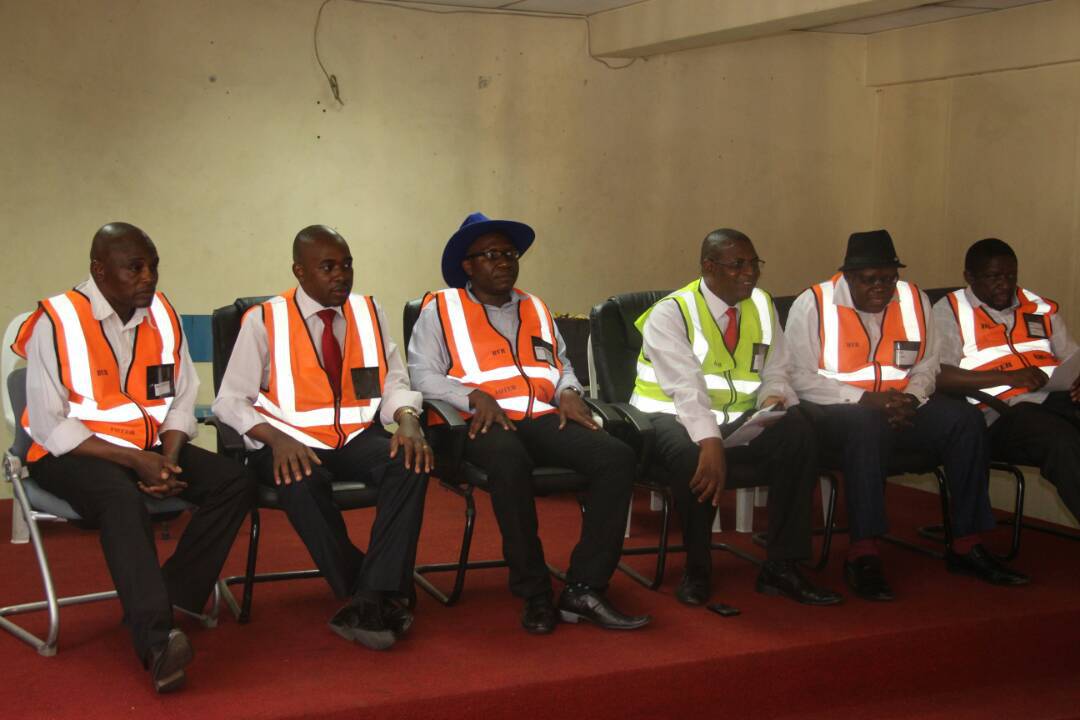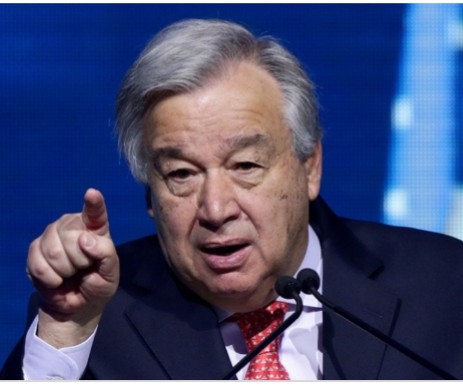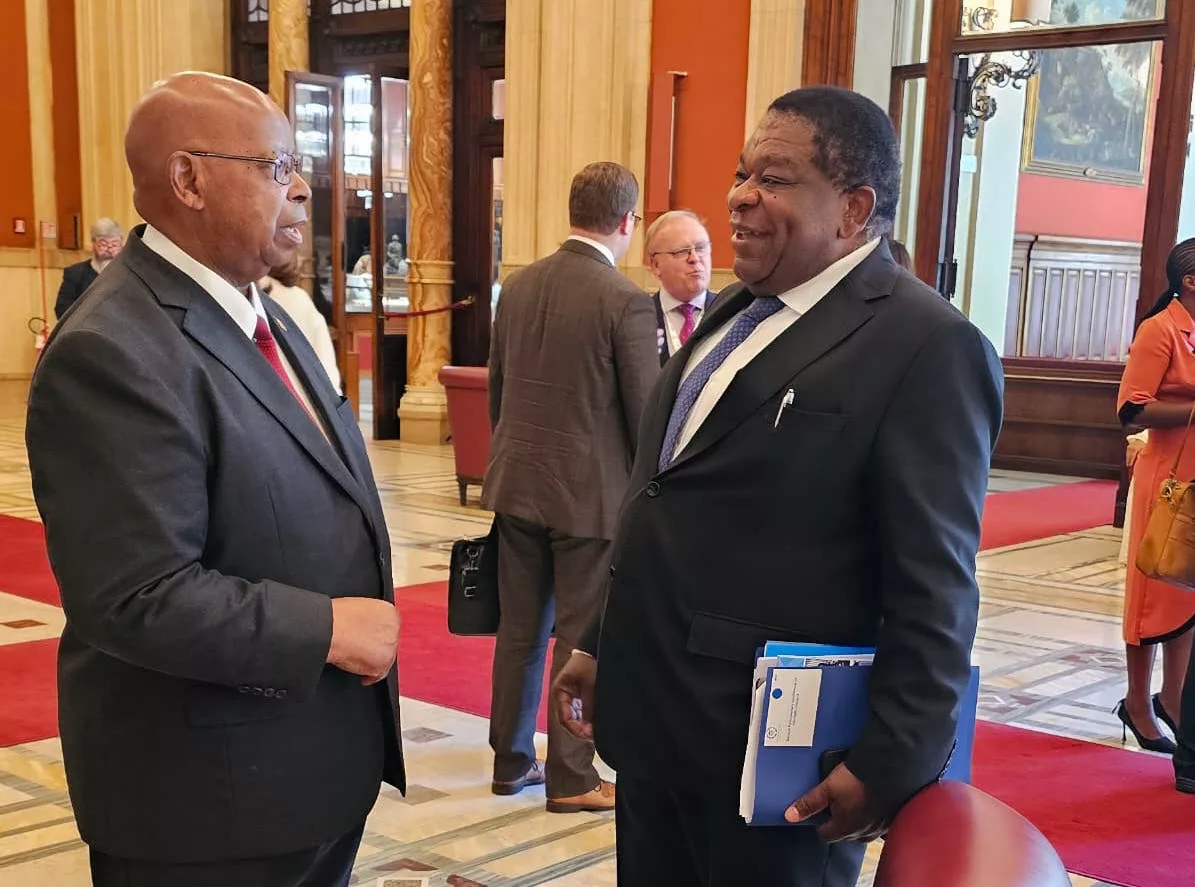By Farai Chirimumimba
The complexities of contemporary political conflicts in Zimbabwe, coupled with for instance the electoral polarisation and economic crisis need opposition political parties to engage more holistic models of political strategy that incorporate conflict transformation and prioritize economic development and social safety nets. This has given rise to case approaches that debate an opposition grand coalition has the only viable option to remove President Robert Mugabe in power. Case studies provide tested theories that have been applied elsewhere and how they can be tailored to suit the local environment.
This article conceptualizes case studies and explores the potential of a grand coalition to upstage ZANU-PF from power in the ensuring 2018 harmonised elections and challenges. In the event the grand coalition wins, it will be expected to undertake the rebuilding of fractured social relations and facilitating reconciliation in communities. Examples of grand coalitions that won presidential elections in Kenya and The Gambia are presented to project the successful potential of this approach in Zimbabwe. However, while coalitions have worked elsewhere, there is no guarantee that they will produce the desired results in Zimbabwe. This as however, drawn the attention of scholars to discuss potential for a coalition in the Zimbabwean scenario. The assumption is that the coalition potential for democratic change can be either ignite impute or unity.
In April, Movement of Democratic Change (MDC-T) led by Morgan Tsvangirai signed a memorandum of understanding with the National People’s Party (NPP) led by Joyce Mujuru. This is the first stage towards formal talks for a grand coalition. The MDC-T also signed another pack with its two off-shoot Movement for Democratic Change (MDC) lead by Prof Welshman Ncube and Democratic People’s Party (DPP) lead by Tendai Biti. In June, Tsvangirai also forged a similar agreement with Jacob Ngarivhume of Transform Zimbabwe party.
However, early May 2017 a total of other 14 political parties are said to have held a meeting in South Africa where they agreed to form a grand coalition. During the same period, the social movements that gave government headaches in 2016, met in Bulawayo, Zimbabwe and agreed to form their own grand coalition to challenge the ruling ZANU-PF in the 2018 general elections. All these efforts are initiated as a lesion from the 2008 elections. In 2008 presidential election, Morgan Tsvangirai got 47 percent of the votes and independent candidate Simba Makoni had 6 percent. If, they had combined their efforts they could have dislodged Mugabe from power. These various packs maybe disruptive if they are not brought under one presidential candidate like what happened in 2008. Evidence shows that for a coalition to work the political parties should found a common understanding on their ideology and there should be one candidate for the presidential elections and sharing of parliamentary strongholds.
Defining political parties grand coalition
For the purpose of this article, political parties grand coalition refer to when political parties come together to either form one party or unite under one candidate in an election. The establishment of grand coalitions result in engagement of adversarial parties in post-conflict societies is also a route to constructive transformation because it projects the similarities between adversarial parties, thereby giving them opportunities to redefine their relations with other political parties. In some cases, coalitions are jointly formed to serve as a sign of reconciliation and as a reminder of the resolve for peaceful co-existence
Case Studies
Some cases of the post-conflict grand coalitions namely in Kenya and The Gambia are examined in this section. Coalitions have been successful in other countries through the inclusion of electorate in the design and production of election roadmap has opened up opportunities for social change, which have been harnessed development to stimulate social transformation in different parts of the world. The strength of these coalitions has been bolstered by recent developments in information communication technologies (through for instance social media via Facebook, Twitter and Whatsapp etc), which have tipped the traditional horizontal models of communication from state monopoly to favor the participation of all electoral stakeholders in the generation and circulation of electoral content. This, in turn, articulates voices and messages that have been long ignored by the mainstream media as what happened with the rejuvenation of social movements in 2016 namely #Thisflag led by Pastor Evan Mawarire, #Tajamuka among others that questioned the governance of the country through social media. By amplifying the voices of those affected by structural and social irregularities, social media platforms are gaining recognition for shaping social, economic, political and cultural processes and institutions. This transformative capacity underscores the place of a coalition through electorate-driven initiatives in driving socio-political transformations in Zimbabwe, and which must be united under one presidential candidate going into the 2018 general elections.
The grand coalition is expected to create spaces for dialogue towards upstaging ZANU-PF in the 2018 general elections. In this light, opposition grand coalitions have been credited for removing dictatorial government in power in The Gambia. A coalition also won presidential elections in Kenya led by Uhuru Kenyatta in 2013 and 2017 respectively. Grand coalition have also provided a cross-sectional forum for discussing issues like tolerance, conflict experiences, human rights, forgiveness and trust, which are crucial for transforming social structures and attitudes in conflict societies like Zimbabwe. The interactions and socialisation that accompany the planning and uniting under a single leadership can provide individual healing that could have spill-over effects in the community. Although not too popular in conflict interventions, grand coalition in some post-conflict communities in Africa has elicited government changes that must be explored. This article therefore examines some of these cases to highlight the potential of a grand coalition for conflict transformation in Zimbabwe.
Grand coalition in Post-conflict in Kenya
The Jubilee Alliance is a multi-party coalition established to support the joint presidential elections ticket of Uhuru Kenyatta and William Ruto in the 2013 Kenya general elections. At the time of the election, its members were The National Alliance, the National Rainbow Coalition, the United Republican Party, and the Republican Congress. The coalition went on to win the president elections. Kenya is still experimenting with coalitions with the latest being the National Super Alliance (NASA) a political coalition that was formed in January 2017 by opposition parties and contested against the Jubillee Alliance for power in the coming 08 August 2017 elections which wee subject of a presidential re-run on 26 October after the Supreme Court had nullified the first election on grounds of fraud and un-procedural conduct. The NASA is a grouping of several parties that include the Orange Democratic Movement (ODM), Wiper Democratic Movement (Wiper), Forum for the Restoration of Democracy, Progressive Party of Kenya and other parties. NASA is united under ODM leader Raila Odinga who was he presidential candidate during the 808 August elections before he pulled out of the fresh presidential election citing lack of willingness by the government to implement electoral reforms which included firing the whole Independent Electoral and Boundaries Commission (IEBC) which stand accused of manipulating results.
Grand coalition for Democratic Change in The Gambia
The Gambia had been under the rule of Yahya Jammeh since 1994. He ruled the country with an iron fist where dissenting voices were muted using violence and intimidation. The 01 December 2016 presidential elections main contenders were the then leader Yahya Jammeh fronting the Alliance for Patriotic Reorientation and Construction (APRC) party. Whilst opposition coalition of seven parties was united under Adama Barrow who went on to win the elections by 43, 3 percent of the votes against Jammeh’s 39, and 6 percent with the remaining going to an independent candidate Mana Kandeh.
Challenges of a grand coalition
Literature review shows that a coalition government cannot provide the necessary direct for the development of the country because of difficultly in reaching a consensus on service delivery. The instability is usually caused by the extreme divergence of policy positions between the members. To avoid disagreements, coalition partners should have a convergence of views rather than mere focus of removing a common opponent from power.
There is evidence that a grand coalition sometimes triumph in an election but, however, there are case were they do not survive throughout the tenure of the government due to misunderstandings as was the case in The Gambia after 01 December 2016 election that disposed long time ruler Yahya Jammeh from power only to dismantle before the April 2017 legislative elections. Political infighting in a coalition undermines attempts to tackle dire such as poverty and unemployment
Literature review shows that a coalition government cannot provide the necessary direction for the development of the country because of difficultly in reaching a consensus on service delivery. The instability is usually caused by the extreme divergence of policy positions between the members. To avoid disagreements, coalition partners should have a convergence of views rather than mere focus of removing a common opponent from power.
In conclusion, Zimbabwe opposition should learn from grand coalitions around the world and come up with a consensus that will benefit the electorate through an understanding that will not result in unnecessary bickering. They should also be united under one presidential candidate and share parliamentary seats and government posts in the event of a winning the elections.






